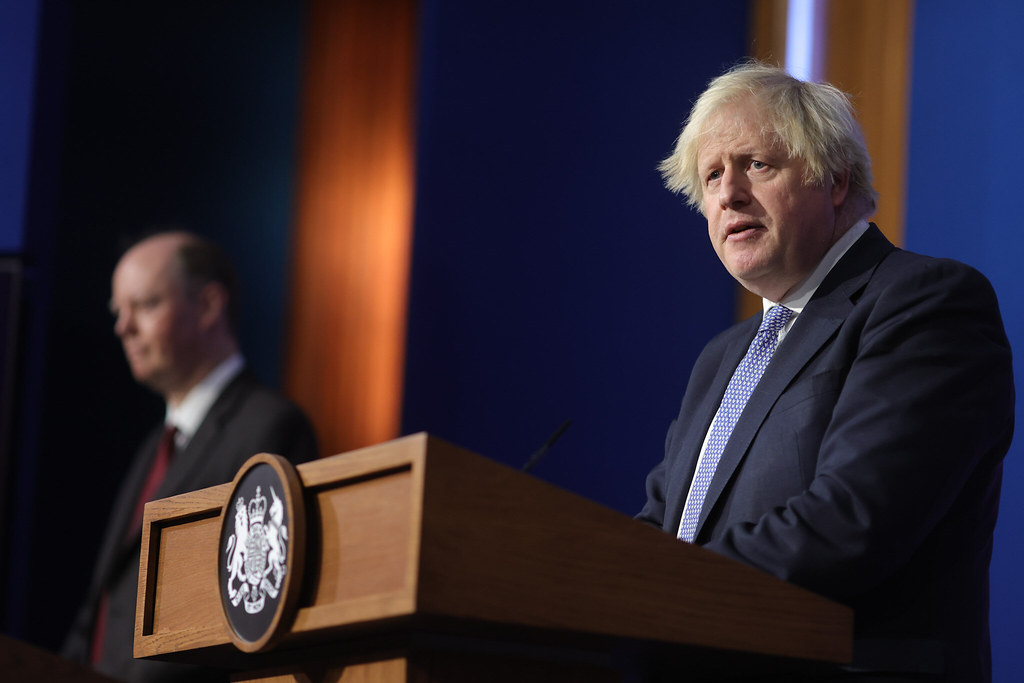LONDON (Parliament Politics Magazine): Boris Johnson has pledged that a plan to alter EU legislation that will be copied over after Brexit will persuade businesses to invest in the United Kingdom.
A “Brexit Freedoms Bill,” according to the prime minister, will make it easier to amend thousands of EU-era laws that are still in effect.
He claimed that it would enable the UK to adopt growth-friendly laws for “future’s cutting-edge technologies.”
The initiative, however, has been slammed by the regional administrations.
In other areas, such as immigration, payments to farmers, and crop gene-editing standards, the UK has moved away from EU laws since Brexit.
However, right-wing MPs have been putting growing pressure on the prime minister in recent months to move forward with it.
Lord Frost, a former Brexit minister, resigned the previous year, urging the government to capitalise on the opportunities given by Brexit, writing to the Prime Minister, “You know my concerns about the current direction of travel.”
No 10 claimed its new bill would make it easier to make adjustments on the completion of two years of the UK’s exit from the EU, in a statement.
Mr Johnson said on Monday that it would allow the UK to better influence laws in sectors where it is “strong,” mentioning artificial intelligence, cyber technology and gene editing as examples.
He told reporters, “There are things that we can do differently in a way that will encourage businesses to invest even more.”
to,” he added, there wouldn’t be any diverging from them just for the sake of it however, it was going to be assured that it would be an excellent place for investment and to do business because of the freedoms they offer.
The adjustments, according to Downing Street, will build on those made since Brexit, which include:
- From 2023, there will be an attempt to simplify alcohol tariffs by moving away from EU-wide norms.
- Tampons will no longer be subject to the EU-mandated 5% VAT rate.
- Establishing a new regulatory environment for government support to industry in the United Kingdom.
The laws were copied over to ease the UK’s exit from the EU on 31 January 2020, and were kept during the period of transition, which concluded in January 2021.
The government has been considering which of these it intends to keep, abandon, or change since September.
Retained EU regulations now have their own legal position, as well as a unique method for altering them, thanks to the 2018 Brexit departure legislation.
Downing Street stated that it wants to make it easier for MPs to modify these rules, claiming that doing so would take years.
It did not elaborate on the bill’s provisions or how it reached the claim that firms would save £1 billion by reducing red tape.






